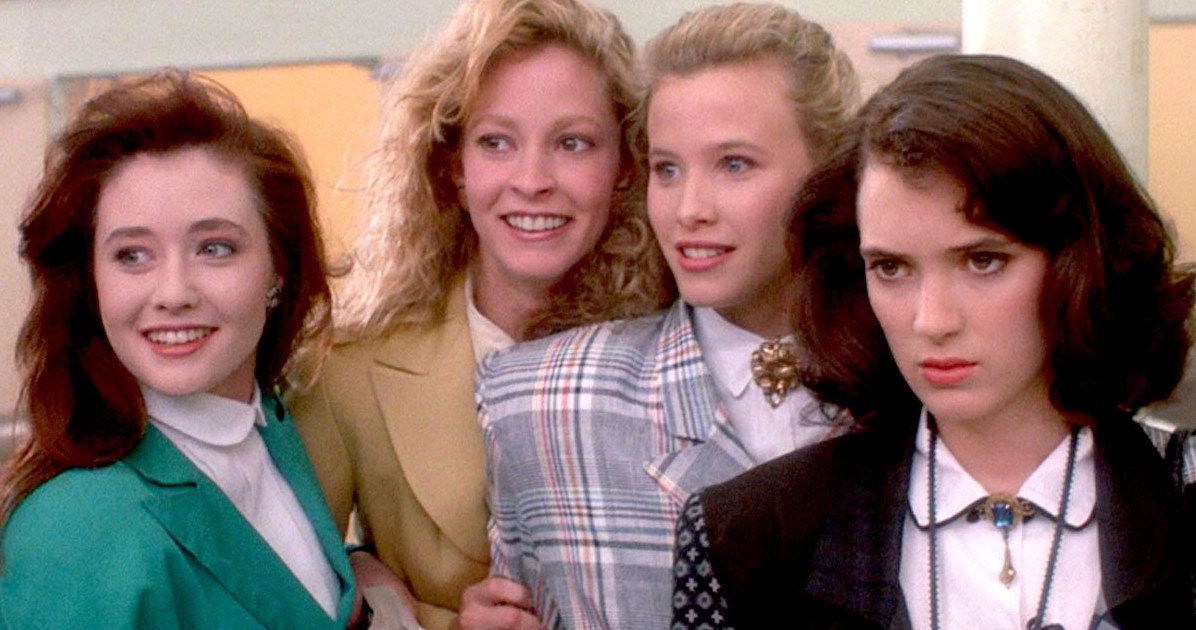Whether political or not, satire has the power to be both funny and extremely effective in exposing and critiquing dominant power structures and ideologies. In satire, irony and sarcasm are often deployed to hold vices, abuses, hypocricies, and shortcomings up to ridicule. Satire is often intended to shame and expose the flaws of society, corporations, governments, and individuals with the aim that it will force introspection and an improvement in the circumstances that inspired the satire in the first place.
A popular example of satire in media is The Onion and the article the site runs after every mass shooting in the United States, titled: "No Way To Prevent This, Says Only Nation Where This Regularly Happens." Political cartoons, such as the infamous ones the New Yorker publishes, are also a form of satire. The Simpsons, Family Guy, and South Park are all considered to be satirical. Certain Saturday Night Live sketches are considered sociopolitical satire. Basically, there's a lot more satire around than people think, from the years of The Colbert Report to today's funniest shows on Adult Swim. After all, it is natural for artists to comment on their society and point out the problems in it, and humor is often the most engaging and accessible way to do so.
There's no shortage of films over the years that have used satire to drive the point home, so let's take a look at several of the most pointed, vicious, savage satires ever made.
7 American Psycho
American Psycho satirizes Wall Street and the yuppie lifestyle through its main character, Patrick Bateman, played by Christian Bale. What's ingenious about American Psycho is that it was marketed to the very kind of man that it is satirizing. Based on the novel of the same name by Bret Easton Ellis, the film is set in 1987 and follows Bateman, an investment banker by day and a vicious serial killer by night. In the film, Bateman's thoughts and actions are understandably off-putting, especially considering he behaves a bit like a robot, with a big grin on his face and speaking in what feels like a forcibly happy way.
Bale's Bateman comes across as someone who observes the world around him and people in it and bases how he behaves on that. It's all about appearances. If Bale's performance of Bateman gave you a weird sense of deja vu, there's a good reason for it. In an interview, the film's director revealed that Bale based his performance on a Tom Cruise interview on Late Night With David Letterman, in which Cruise appeared to have "had this very intense friendliness with nothing behind the eyes."
6 Thank You For Smoking
Thank You For Smoking is a 2006 film that brilliantly satirizes both the tobacco industry and the lobbying industry. Based on the novel of the same name by Christopher Buckley, the film stars Aaron Eckhart as Nick Naylor, a tobacco industry lobbyist. The Seattle Post-Intelligencer called the novel, "...a decidedly non-PC slash-and-burn satire of social politics, media exploitation and the culture of spin," and went on to also say it was an unlikely project for a movie adaptation. We disagree.
Thank You For Smoking is a brutal satire of the ridiculous concept of spin and lobbyists. Think about how the NRA has the GOP in its grips today; despite continuous mass shootings, they lobby for access to assault rifles. In Thank You For Smoking, Naylor's charisma allows him to effectively market tobacco products, that, let's be honest, will eventually kill most of its users. Naylor's nemesis is an anti-tobacco senator played by William H. Macy. Naylor's argument is that people should be free to choose whether they want to risk cancer or not with access to tobacco. Up is down and right is left in this cleverly manipulative satire.
5 Election
Election was released in 1999 and satirizes politics and the high school experience. It is also based on a novel, in this case, one with the same title by Tom Perrotta. The film centers around Tracy Flick, (a very young Reese Witherspoon) a ruthlessly ambitious high school student campaigning for class president. Matthew Broderick plays her teacher, Jim McAllister who is the adviser to the student government and who is determined to sabotage Flick's campaign. She destroyed his best friend and former teacher Dave Novotny's life. After it was revealed that she had an affair with him, he lost his job and his wife left them.
Destroying Tracy becomes McAllister's obsession. Tracy is obsessed with success, and she goes after it at any cost. The film presents the race for class president as an election on steroids that comes with life-altering results. There's good news for fans of Tracy Flick, as Perrotta's new novel, Tracy Flick Can't Win, revisits her life 20+ years later, which should be an appropriate update considering today's awful and bitter politics.
4 Borat
Sacha Baron Cohen's Borat satirizes American culture, ignorance, and xenophobia with awkward absurdity. Borat's seeming ignorance to American ways, phrases, and behaviors pushes the buttons of the people he encounters in the film and makes them either angry or crazy, sometimes both. But here's the kicker: Borat isn't as ignorant as he comes across, far from it actually, and it's this fact that makes this satire work so well. Borat knows how to push people's buttons and gleefully becomes part of the running joke at their expense, making for savage satire with conceptual pranks against the more ignorant people in the film.
3 Idiocracy
Idiocracy is a Mike Judge movie that, for a time, specifically the 2016 Presidential election until the 2021 Inauguration felt like was being used as an instruction manual by the former Presidential administration. One of the film's screenwriter agrees. In 2016, Etan Cohen tweeted, "I never expected #Idiocracy to become a documentary."
The film centers around a totally average man who awakens from a long, cryogenic sleep to discover the world has embraced anti-intellectualism, and he's the smartest person in the world. This anti-intellectualism has led to a decay in American society where, for instance, you can get a law degree from Costco. Oh, and the President of the United States is a pro wrestler.
2 Heathers
Heathers satirizes teen movies, girl rivalries, and teenage cliques by taking the average high school experience and wildly exaggerating it. The 1989 film was called a "corrosive satire with a weird energy" in the Chicago Tribune's review of the film, which is entirely appropriate. Heathers exists in a pre-internet and social media age but manages to be just as relatable today when reputations really can be destroyed nearly instantly.
Winona Ryder is great as Veronica, who turned against her three best friends (all named Heather) and fell in love with JD (Christian Slater) the new kid who gets off on bringing weapons to school. Heathers isn't just satire, it is also deliciously dark and cynical. The film was written by Daniel Waters to be the polar opposite of the saccharine wholesomeness of the John Hughes high school movies of the time. Instead, Heathers presents a high school filled with cruel students that ends up being a bleak and misanthropic satire.
1 Sorry to Bother You
Sorry To Bother You is a 2018 film that satirizes racism and capitalism with pointed humor and moments of outright surrealism. The film was marketed as a comedy, and while it does deliver laughs as it delves into the crazy world of telemarketers, it also addresses some very serious things like racism, slavery, and the dehumanization of people different from us. Its ending is extremely bizarre, haunting, and disturbing, and a perfect end to a viciously dark satire. The film is from Boots Riley, and it examines the racial politics of the era of late-stage capitalism via a corporate employee who accidentally gets too close to the truth his bosses have been hiding. Even the title of the film is in on the joke, as satire means never having to say you're sorry, as the late film and literary critic John Leonard said.

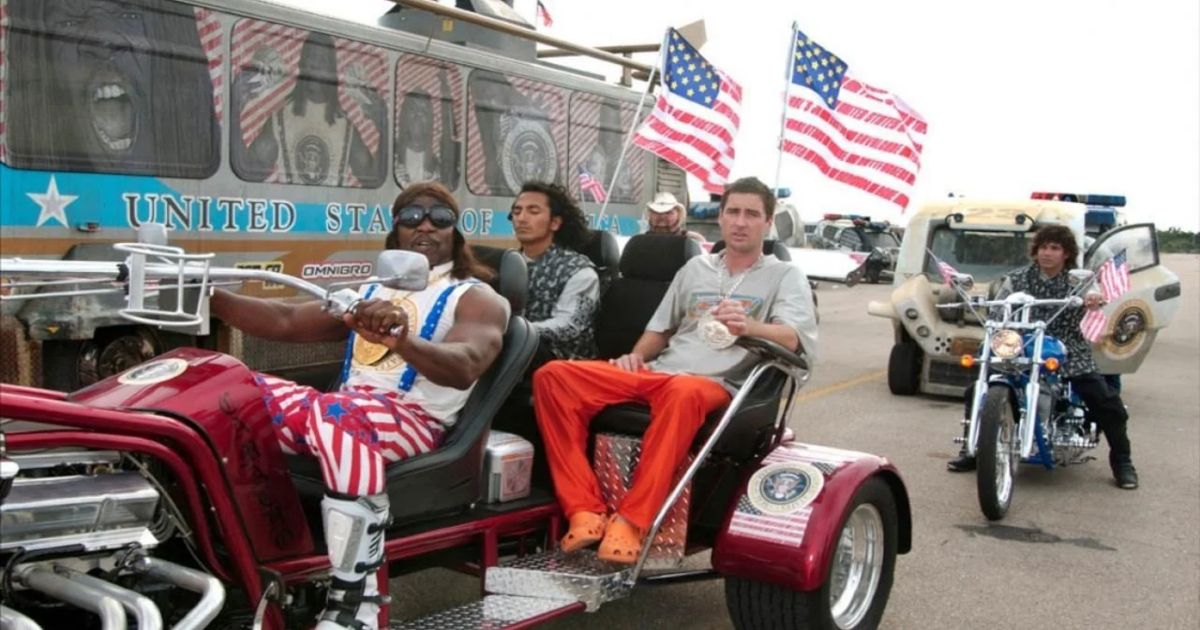
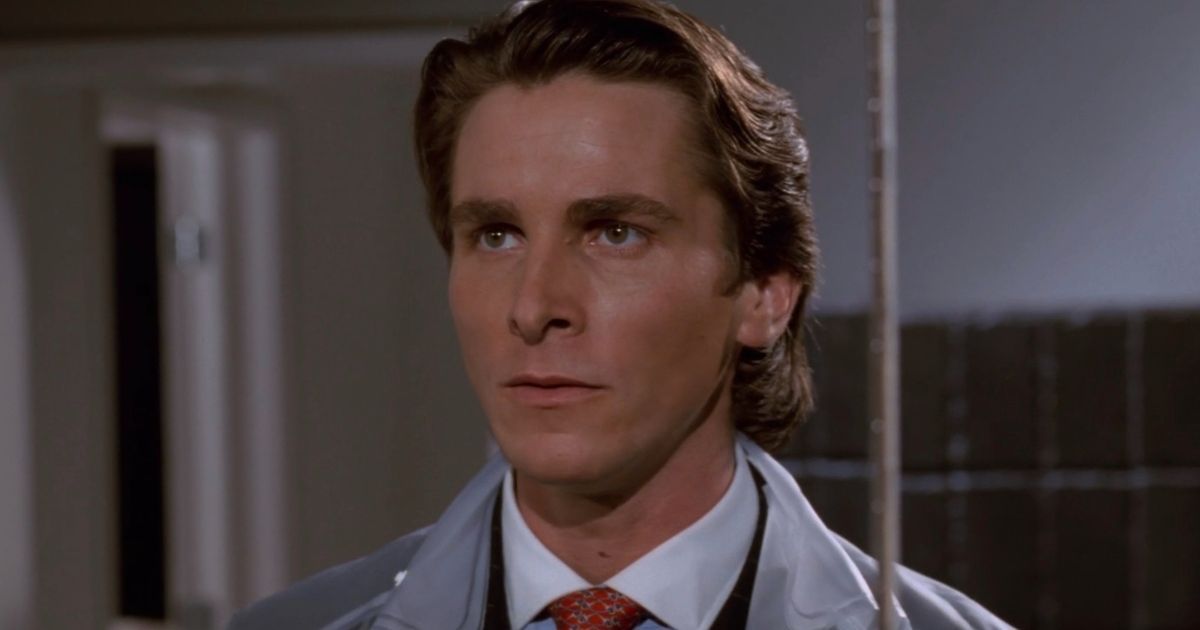
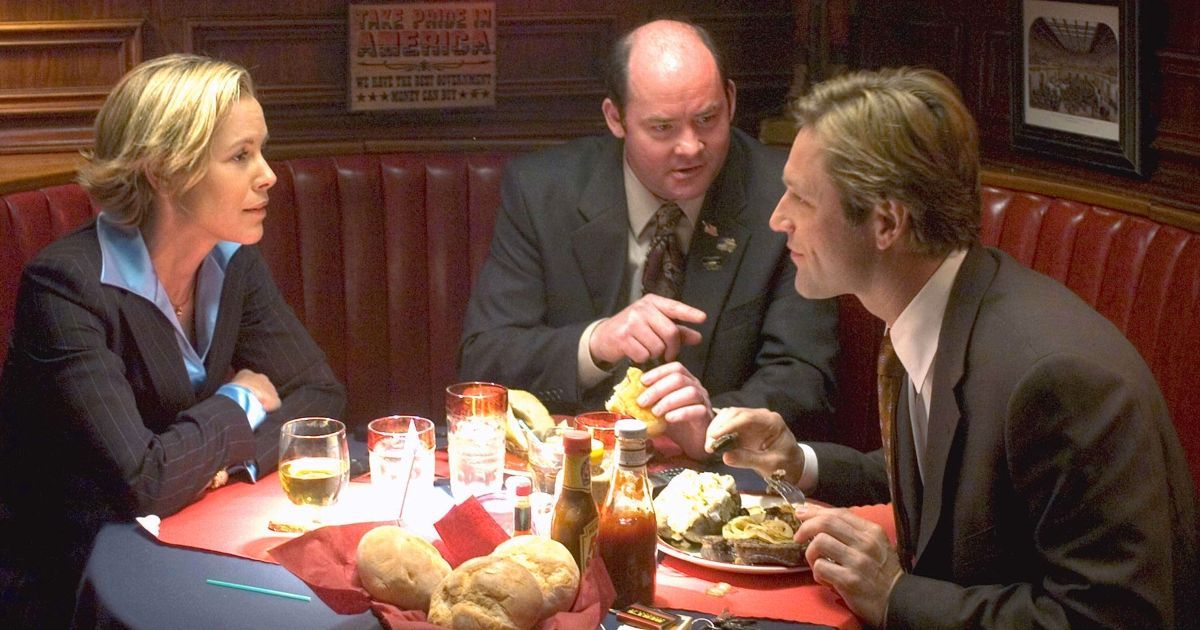

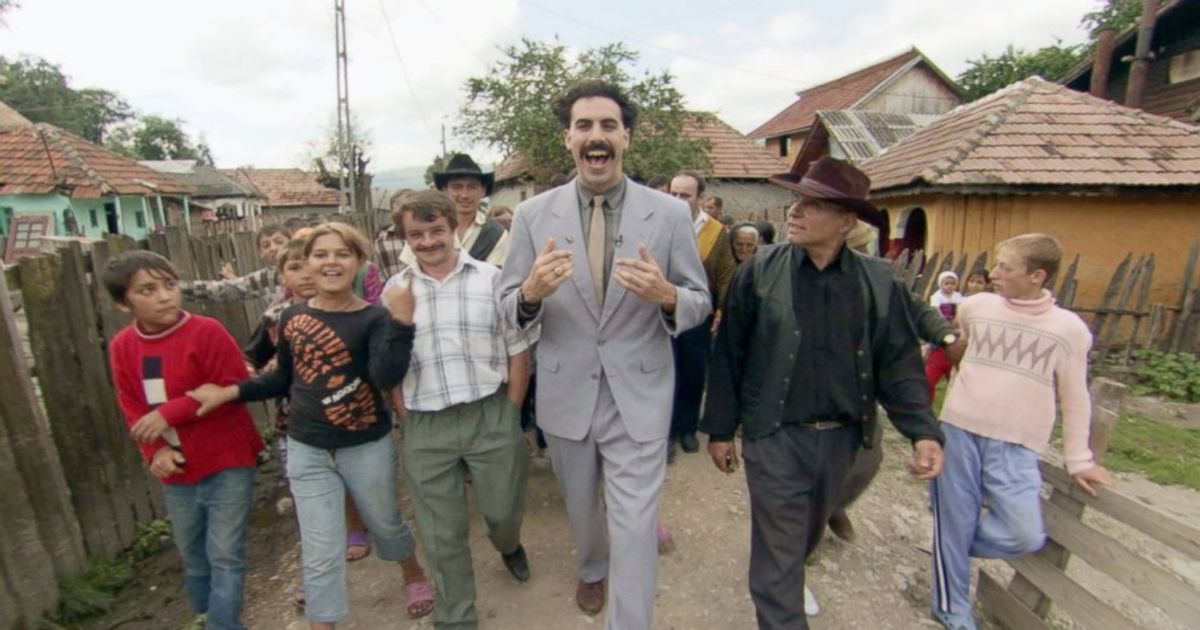
.jpg)
